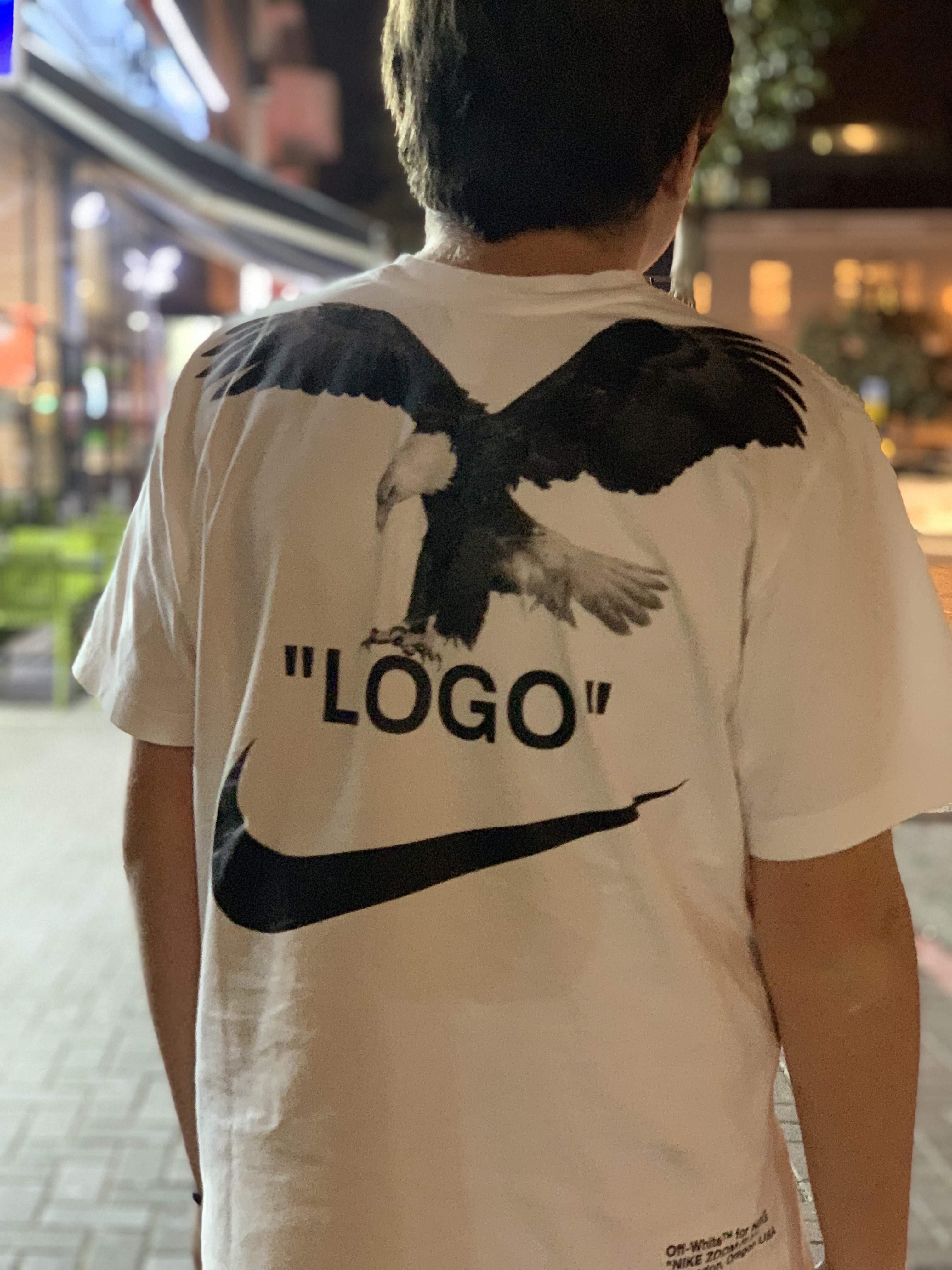Collectible database
By utilizing a database for collectibles, resellers can improve their performance and increase profits through efficient data management, inventory tracking, data-driven decision making and better customer understanding, by storing, organizing, and managing all the information related to the collectibles they have in their inventory, their value, customer history, and sales.
What is a database?
A database is a tool used to store, organize, and manage large amounts of data. It makes it easy to access, update, and analyze the stored data. There are several types of databases, each with their own specific characteristics and features.
One of the most common types is the relational database, which stores data in a structured format, with each piece of data being organized in relation to other data in the database. For example, a relational database may store information about customers, with each customer being represented by a record containing their name, address, and contact information.
Another type of database is the non-relational database, also known as NoSQL databases, which stores data in a more flexible format that allows for faster and more efficient access to the data. They are also more scalable than relational databases, making them suitable for handling large amounts of data.
Why use a database for collectibles?
Additionally, a database can be used to track the value of the collectibles over time, which can help the collector to optimize their collection and make better decisions on buying and selling.
For businesses and resellers that deal with collectibles, a database can be used to track inventory levels, customer information and sales, which can help them to optimize their operations and make better business decisions. A database can also be integrated with an e-commerce platform, which allows customers to easily browse and purchase collectibles online, this can help to increase sales and reach a wider audience.
Using a database for collectibles can provide a number of benefits for collectors, enthusiasts, businesses and resellers. One of the main advantages is that it allows for efficient and effective management of large amounts of data related to collectibles.
For example, a collector may have a large collection of rare items such as limited-edition LEGO sets, KAWS figurines and Funko Pops, and a database can be used to store information about each item such as its name, brand, release date, edition size, price, condition and images. This allows the collector to quickly and easily retrieve this information as needed, rather than having to manually search through physical records or a spreadsheet.
Who uses databases for collectibles?
Databases for collectibles are used by a variety of individuals and businesses who deal with collectibles such as collectors, enthusiasts, retailers, pawnshops, luxury consignment stores, and other resellers.
They use databases to store, organize, and manage large amounts of data about the collectibles they have in their possession or inventory. This includes information such as the name, brand, release date, edition size, price, condition and images of each item.
By using a database, they can quickly and easily retrieve this information as needed, rather than having to manually search through physical records or a spreadsheet. Additionally, they use databases to track the value of the collectibles over time, inventory levels, customer information, and sales which helps them to optimize their operations and make better business decisions.
Benefits of a database for collectibles
The main benefits of a database for collectibles are:
- Efficient data management:
By storing information about each collectible in a structured format, a database allows individuals and businesses to easily access and retrieve the data they need, rather than having to manually search through physical records or a spreadsheet.
- Improved inventory management:
A collectible database can be used to track inventory levels, which allows individuals and businesses to optimize their operations and make better business decisions. By tracking which brands or models are popular and which are not, they can adjust their purchasing decisions accordingly.
- Better item understanding:
A collectible database can be used to track the value of the collectibles over time, which can help individuals and businesses to make informed decisions on buying and selling.
- Increased sales:
By integrating a collectible database with an e-commerce platform, businesses can list and sell collectibles through a user-friendly interface and reach a wider audience, leading to increase in sales.
- Data-driven decisions:
Having all the data related to collectibles in one place, enables resellers to make more informed decisions, which can help to improve their performance and increase profits.
- Better customer understanding:
It can also be used to track customer information, such as purchase history, which helps individuals and businesses to identify trends and target their marketing efforts more effectively, which can increase sales and grow their business.
Articles & resources
Discover reselling tips and get inspired with our latest articles







